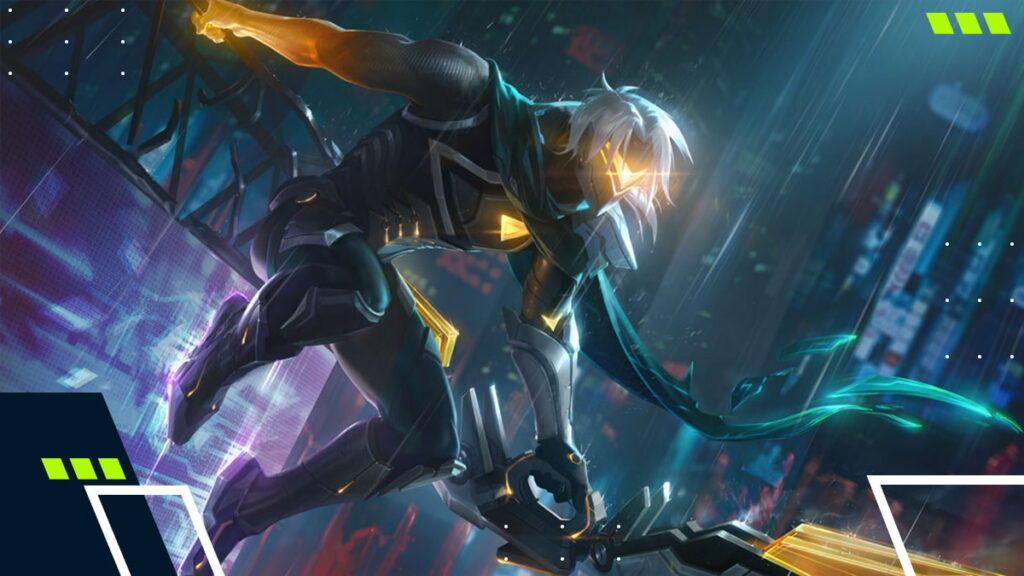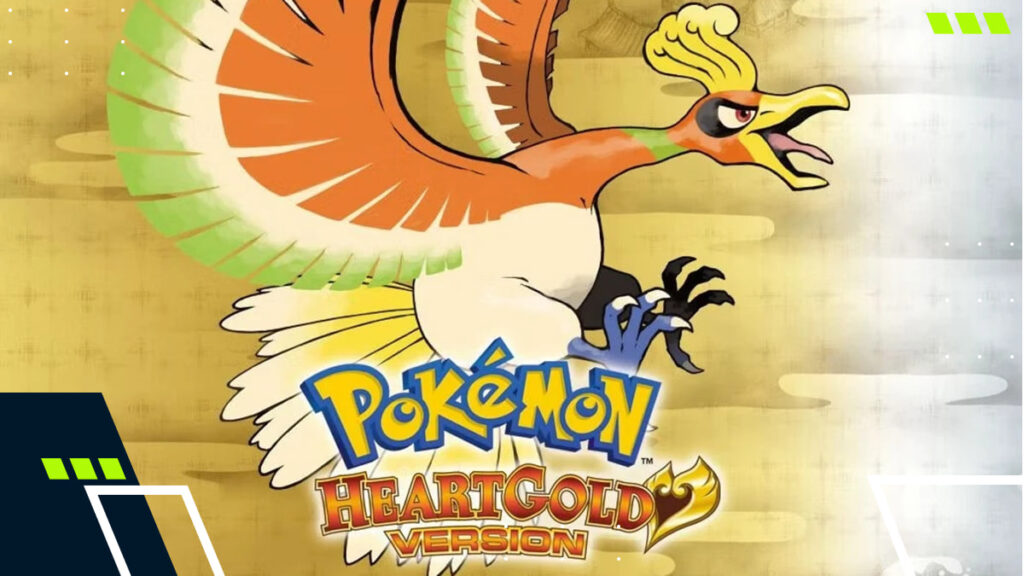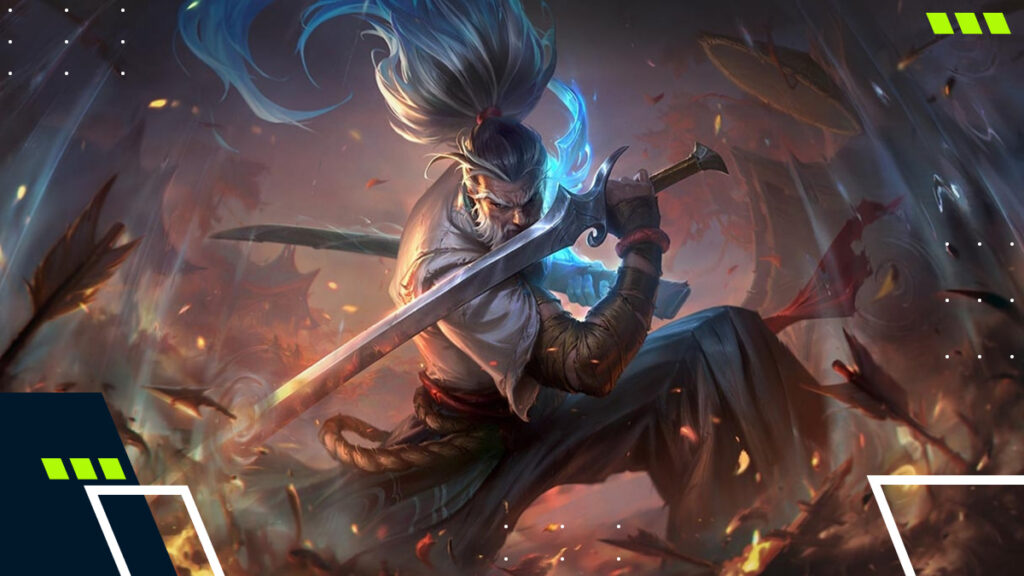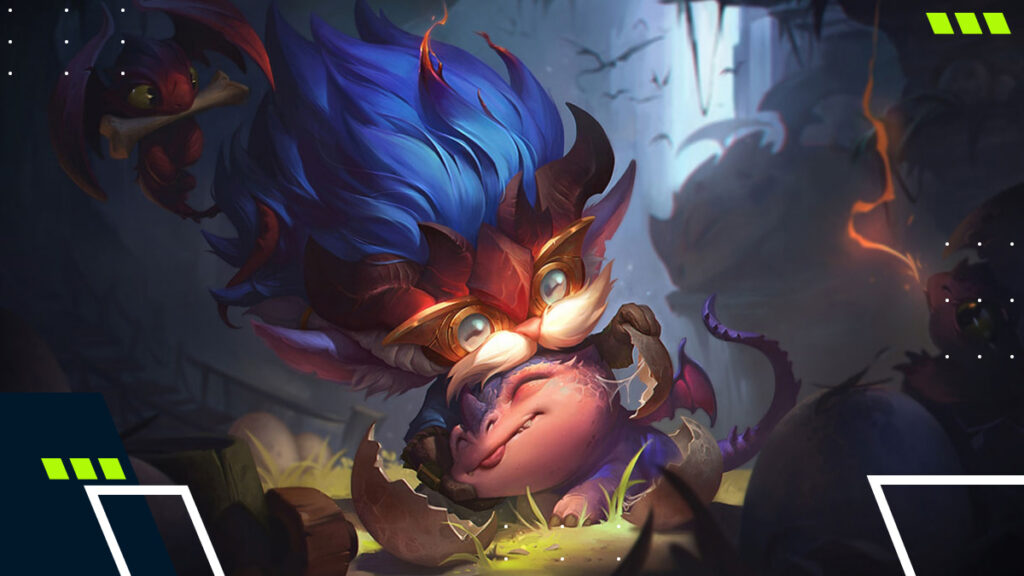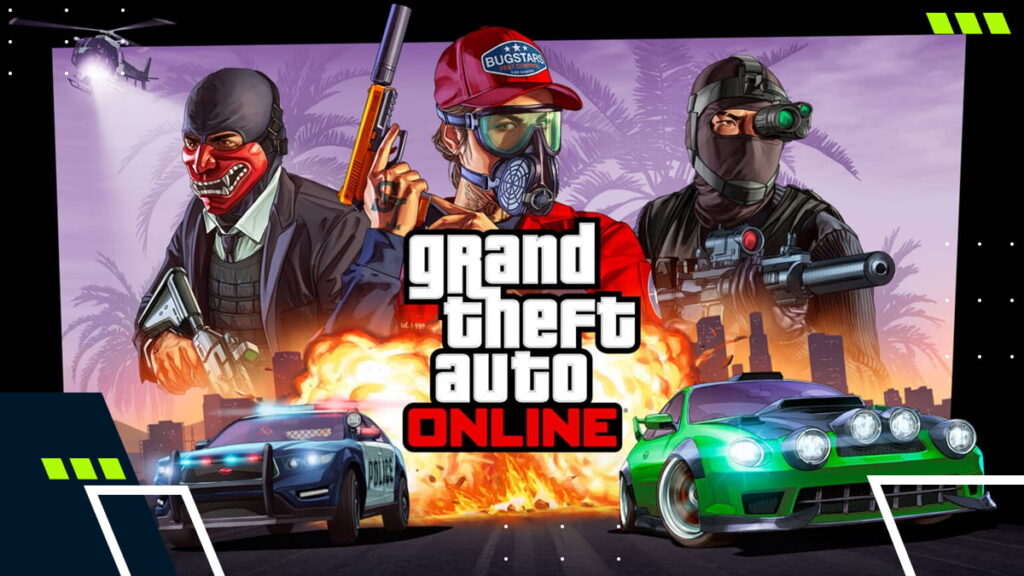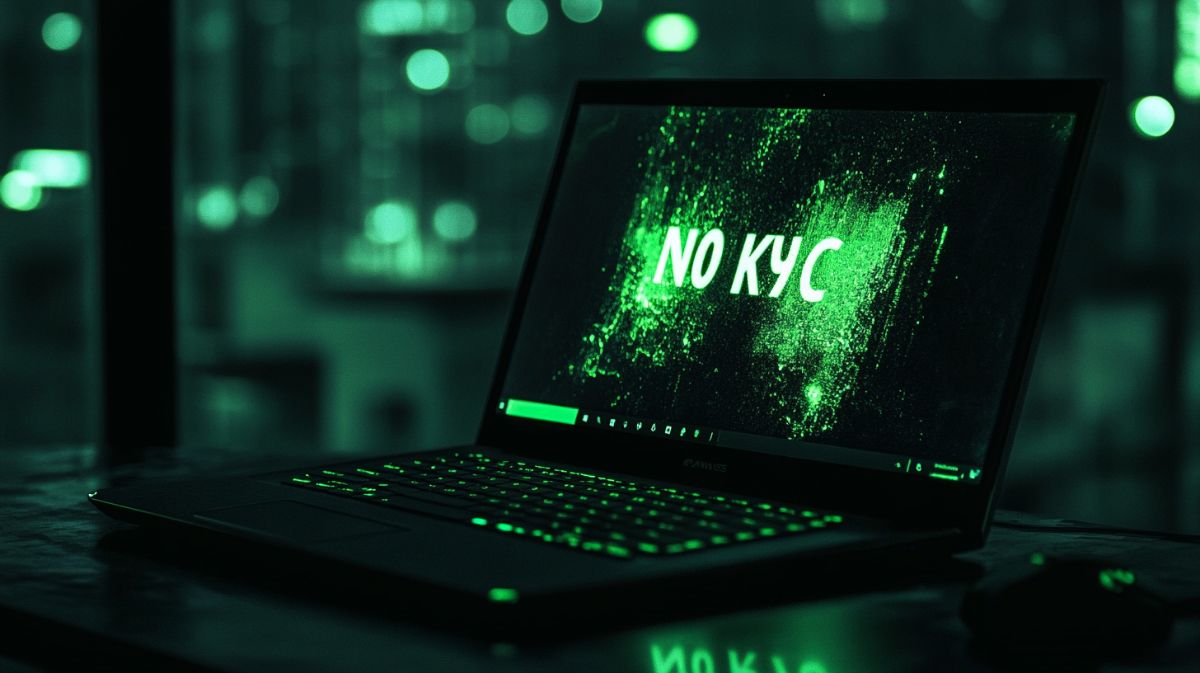What Payment Processor Crackdowns on Steam and Itch.io Mean for Esports
Payment processors are cracking down on gaming retail platforms like Steam and Itch.io and that’s a problem. It’s causing growing concerns about how financial institutions like Mastercard, Visa, Stripe, and PayPal could potentially reshape the future of gaming, and by extension, the competitive esports scene.
In the past month, Steam and Itch.io have removed hundreds of titles from their platforms, primarily those containing adult content. These takedowns were prompted by directives from Mastercard and Visa, handed down by payment processors to Steam creator Valve and Itch.
While so far the takedowns have been limited to smaller titles, some of the world’s biggest competitive esports titles, like Counter-Strike 2 and Dota 2, are hosted on Steam. These games have monetisation systems that rely on Mastercard, Visa, and Stripe. The worry, then, is that with the potential overreach of these payment processors, esports titles could be affected by censorship or takedowns. We’re here to inform you about this ongoing issue and, most importantly, how this could affect esports going forward.
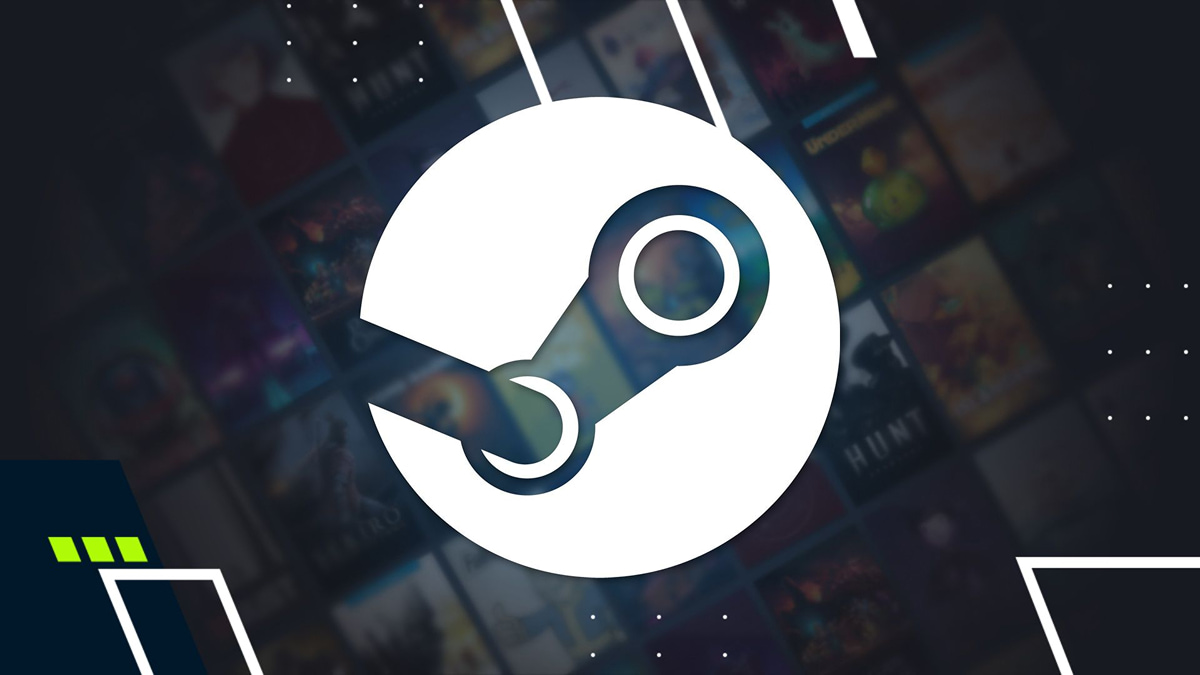
Image source: Valve/Steam
What does the Payment Processor Crackdown mean?
Payment processors like Mastercard, Visa, Stripe, and PayPal handle the majority of online transactions, including purchases of virtual games, deposits, and withdrawals.
Recently, however, new guidelines passed onto online games platforms like Steam and Itch.io have meant that hundreds of games with adult content have been removed. This all reportedly began when an Australian activist group called Collective Shout started to pressure payment processors to cut ties with platforms like Steam and Itch.io, which host games that potentially contain sexual or violent themes
This sparked a debate over the potential implications of these takedowns. Many of the games removed included LGBTQ+ content or non-mainstream ideas, which could be considered censorship.
Rest assured, the crackdown isn’t on esports titles like Valorant or Counter-Strike 2, but if these payment processors are continuously pressured, it could disrupt the esports scene very quickly. Almost every mainstream esports title features violence, sometimes at a heightened level. Additionally, within the narrative of titles like League of Legends and Valorant, there are numerous examples of LGBTQ+ relationships and characters. All of which could be the next thing to draw the ire of the censors.
While titles like Valorant and LoL aren’t hosted on Steam (rather on the Riot Games client), they still do use the same payment processors (as does everyone). Games of this kind contain microtransactions, and any attempt to censor content or restrict these purchases could affect the cash flow and viability of these games.
How have Steam and Itch.io been affected?
Steam is host to numerous esports titles, including CS2, Dota 2, and PUBG. Itch.io is known for being home to many indie games. Because of their use of non-traditional topics, they are more vulnerable to restrictions, going as far as censorship, than the major titles on Steam.
Recently, some developers of the titles on this platform have reported payment blockages and even delisting for some. Following the pressure from payment processors, Itch.io began removing thousands of NSFW or games containing adult content from its search results. Games including Flesh, Blood & Concrete and Our Apartment have been some that have been affected.
Unlike many games, esports titles rely not just on a single purchase, but many. This could mean they will be more affected by any restrictions on payment policies put in place. These could hit microtransactions, in-game currency purchases, or skins. Presently, it is unlikely that these titles will be removed due to adult content restrictions, but if crackdowns on violence increase, they could be in the crosshairs.

Image source: Itch.io/Epic Games
What is the reaction to this?
Developers and players have been affected by this payment processor’s crackdown. The gaming community has been very vocal about what has been going on. It has caused controversy as players feel that the payment processors are taking control of what games can exist, not the developers or the players.
Indie developers specifically are the ones who are expressing their frustration, and they feel that they won’t be able to produce new titles. In a new feature by PC Gamer, indie developer Robert Yang said: “If we’re all permanently indexed or deleted, we’ll have nowhere to go.”
Founder of Itch.io, Leaf Corcoran, expressed that “the situation developed rapidly” and that the company “had to act urgently to protect the platform’s core payment infrastructure.” Steam has yet to comment on what kinds of adult-only content developers need to do to continue hosting on their platform.
Smaller developers and the esports world as a whole could also be severely affected. If these payment supports are suddenly pulled away from them, it could cause huge problems for both and leave their future in doubt.
Does the Esports industry see this as a problem?
Right now, no. Esports is not currently affected by the payment processor crackdown, and unless a big shift happens, they will be able to avoid most of the issues.
For users, this could affect them in several ways. If payment processors pull out from Steam and other online platforms entirely it could leave users with fewer payment options, which may cause them to be unable to use these platforms to play the games they love. It also depends on where users are based. This could lead to certain region-based restrictions, as we’re currently seeing in the UK with the recent Online Safety Act.
Regarding the platforms, they could be forced into restrictions on what games they can and cannot sell; and that could affect their bottom line. If platforms are without these payment processors, like Visa and Mastercard, and choose to continue to host titles that are deemed unacceptable, this could threaten their ability to process any sort of transactions. Without a steady income, it could lead to further problems in the future for these platforms.
Publishers and developers are arguing that this is a form of external censorship, and this is all due to financial companies. For Esports, its ecosystems rely heavily on microtransactions and ongoing monetisation like skins, battle passes, and tournament passes. The majority of esports titles rely on these items to fund their otherwise free-to-play games.
The potential impact on esports
It is known that many major esports titles rely on microtransactions for revenue and Steam, or many similar platforms, for distribution. With the new problem of the fact that payment processors could limit certain transactions, it can affect both users and developers.
Steam, is owned by Valve, the developer behind Counter-Strike and Dota 2. Anything that affects their bottom line has the potential to damage those esports scenes. If Valve (or any other esports developer for that matter) feels the pinch, it could affect tournament prize pools.
If players are unable to make purchases during these payment restrictions, it could further impact their participation in esports tournaments, or their desire to play the game.
It’s not breaking headline news in the world of esports just yet, and fingers crossed, it wont. But the decisions of payment processors affect the business models of some of the industry’s biggest titles. While platforms like Steam can adapt to these crackdowns or find alternative processors or payment options, there’s still a chance, however small, that esports could be affected
Esports and Payment Processor FAQ
Why are payment processors applying restrictions?
Payment processors are often hesitant to work with what they perceive as ‘high risk’ enterprises, which means ones with high amounts of fraud, false charges, and charge backs. This is because it costs them more to deal with these transactions.
Australian activist group Collective Shout has effectively convinced the likes of Mastercard, Stripe, and Visa that Itch.io and Steam represent a high risk in their supply of video games containing sexual themes and extreme violence.
Have Visa and Mastercard restricted payments to Steam?
Mastercard claims it has applied no direct restrictions to Steam. However, representatives from Valve recently confirmed that recent guidelines from intermediaries have meant that they were forced to remove games from their platform.
Will the payment processor crackdown affect Esports?
It’s hard to say for certain, but if concerns over violent content increase, payment processors may decide that esports titles fall within a dangerous category.



